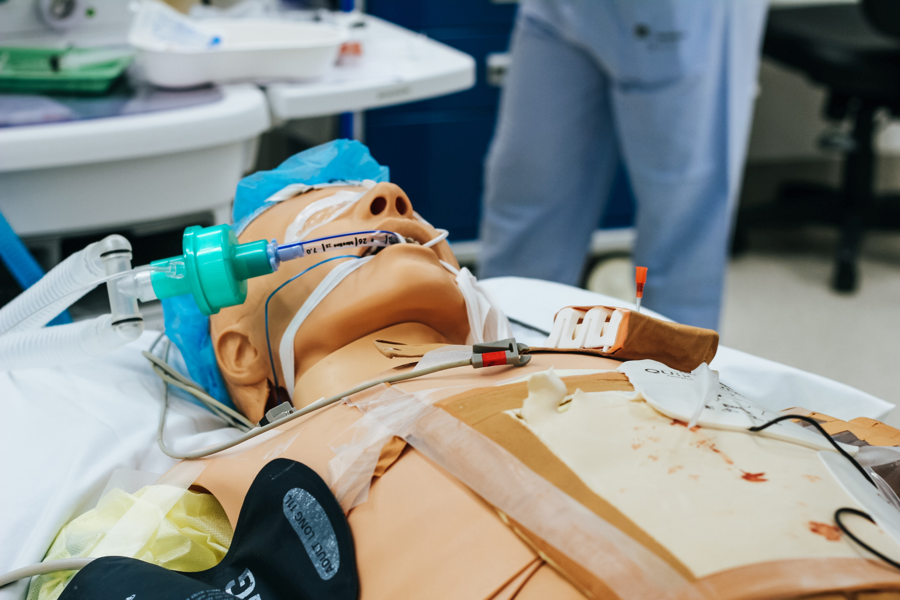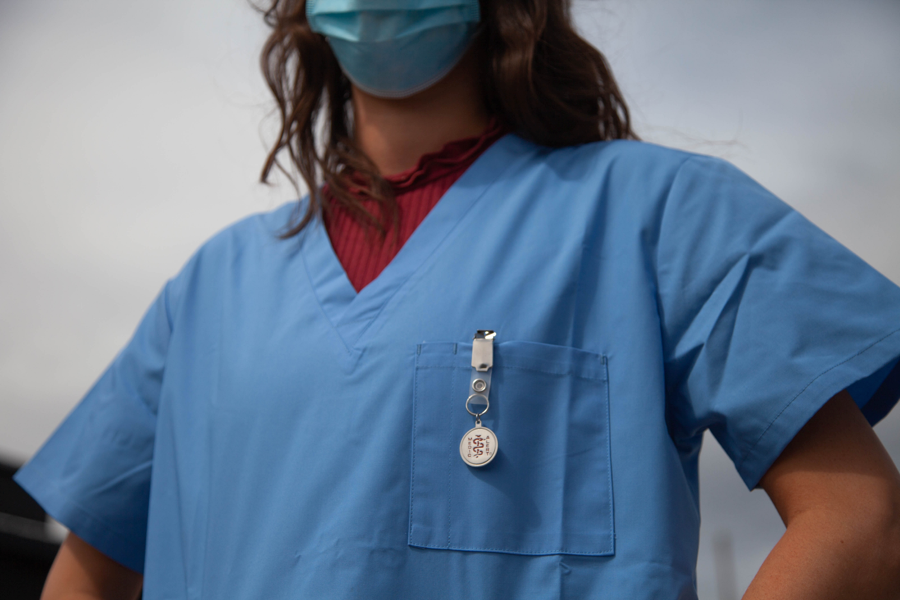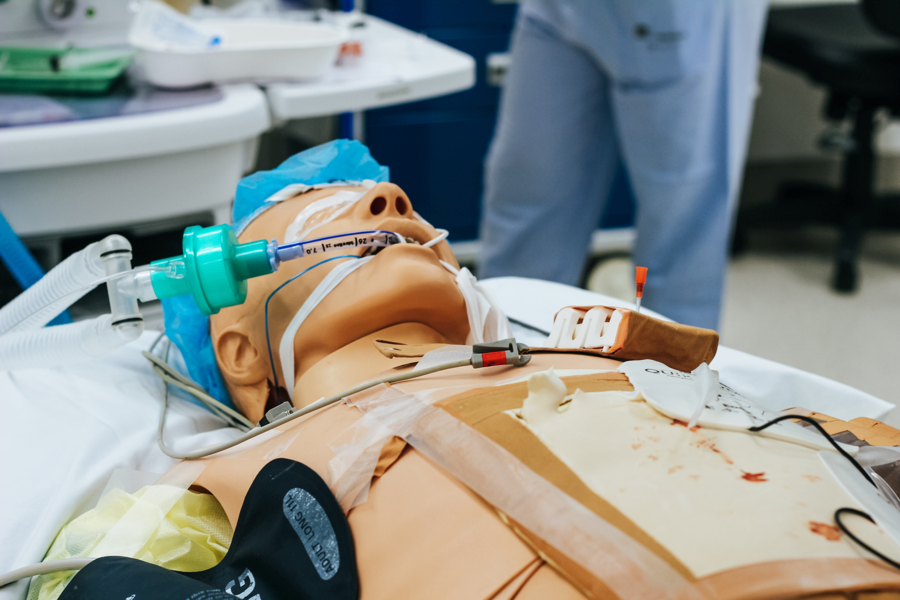
HIGHER EDUCATION
Push Expands for Nurses to Earn a Bachelor’s Degree – At Least
-
 EveryNurse Staff
EveryNurse Staff
- Last Updated: 10/20/2018

On the heels of a 2010 recommendation by the Institute of Medicine that 80 percent of nurses in the U.S. have a Bachelor of Science (BSN) or master’s degree by 2020, an increasing number of hospitals are telling their nurses that they must go back to school, or lose their jobs.
What’s more, states are now moving to enact “BSN in 10” laws requiring nurses to earn a BSN within 10 years of licensure. New York and New Jersey’s legislatures considered such a law during the 2013 legislative session, but neither passed it; cities in Rhode Island, as well as Long Island, are considering following suit, the New York Times reports.
By 2020, the RN could be a relic of the past.
New research is driving this trend, including studies by Dr. Linda Aiken at the University of Pennsylvania showing that, for every 10 percent increase in nurses with BSN or higher degrees on a hospital’s staff, patient mortality decreases by 4 percent.
“We’re safer in hospitals with bachelor-educated nurses,” says D. Anthony Forrester, Professor and Senior Associate Dean of Academic Affairs and Administration at the Rutgers School of Nursing.
Surgical patients in “magnet” hospitals, or those recognized by the American Nurses Credentialing Center for quality patient care, nursing excellence, and innovations in professional nursing practice, have shown a 14 percent lower chance of dying in the hospital within 30 days, and 12 percent lower odds of dying because they could not be resuscitated than those in non-magnet hospitals, Forrester says. Magnet hospitals strive for BSN or higher degrees among 80 percent of their nurses.
Marie Barry, senior policy analyst for the American Nurses Association, started her nursing career in 1989 as a registered nurse with an associate’s degree. Soon she began pursuing a BSN part-time, attending classes on weekends while working during the week, and with two small children at home.
Now with a master’s degree and pursuing her doctoral degree, she’s a firm believer in the power of education to transform nursing, she says.
“Each layer builds upon something that was prior,” Barry says. “It’s like constructing a building, or building a cake, something wonderful — each layer matters.”
A Plethora of Skills Learned
What nurses gain from those additional years in the classroom and the field, Forrester says: is leadership and management skills; case management skills; technological savvy; and the ability to better promote good health.
“At its core, professional nursing is really about teaching. It’s not about the things we do, but about the knowledge a nurse possesses and can impart to the patient, to family members, and to the community,” he says. “What a nurse is trying to do is change behaviors to achieve better health.”
Better-educated nurses also learn critical thinking skills enabling them to not only keep up with the latest research but to analyze the results and to use them to promote changes in the field. With many hospitals paying their nurses’ tuition and fees, it’s incumbent upon those in the profession to educate themselves and improve their patients’ outcomes, Forrester says.
“Patients and families are much more complex than they’ve ever been before,” he says. “Why would the health consumer want a lesser-educated provider? The society demands it.”
So many other healthcare professions require advanced degrees, Barry points out, including not only doctors but also physical therapists, occupational therapists, and speech and language pathologists. To collaborate and communicate effectively with them, it makes sense for nurses to have advanced degrees, too, she says.
“I can be a more effective part of the team, and have a greater awareness of my capabilities and what I bring to the table,” she says.
“Experience is very valuable,” Barry says, “however, education adds a whole ‘nother dimension. Every educational course adds another stroke to the portrait.”
Forrester’s advice to nurses, no matter what their credentials now: Go back to school. Whatever your degree, go for another one.
“You are never, ever, ever making a mistake when you continue your education in nursing,” he says. “You can open that many more doors, that many more practice avenues, that many more things you can do.
“Going to school never made anybody stupid. It may not have made them smarter, but it didn’t make them stupid.”























